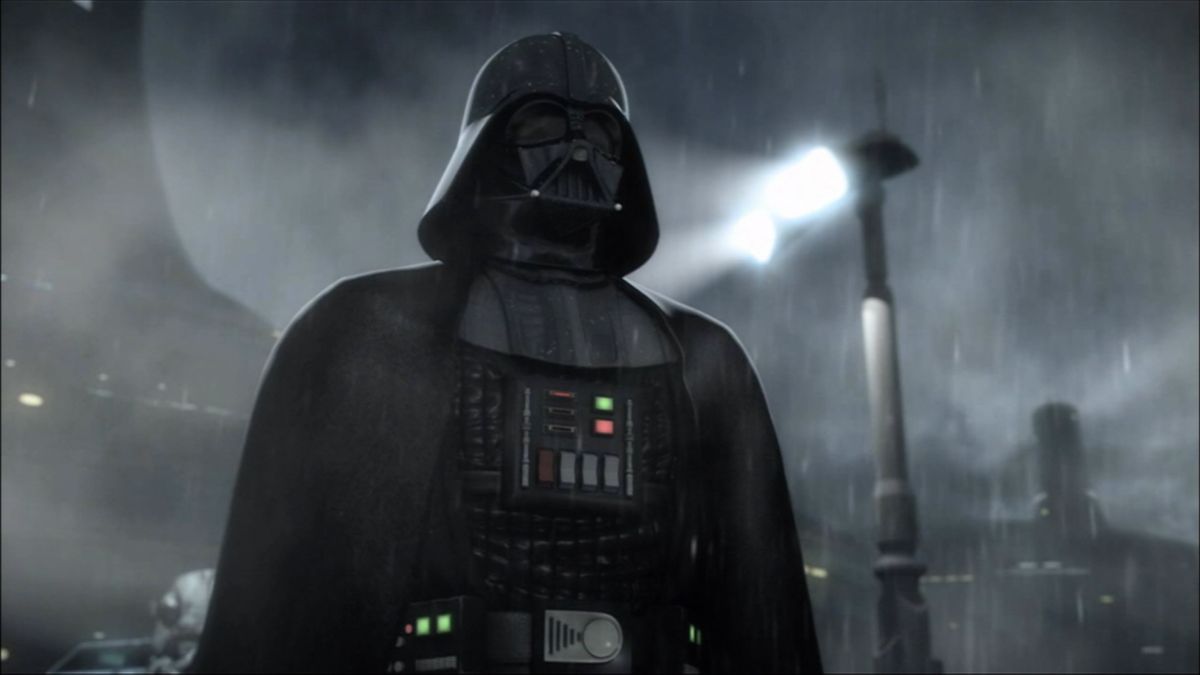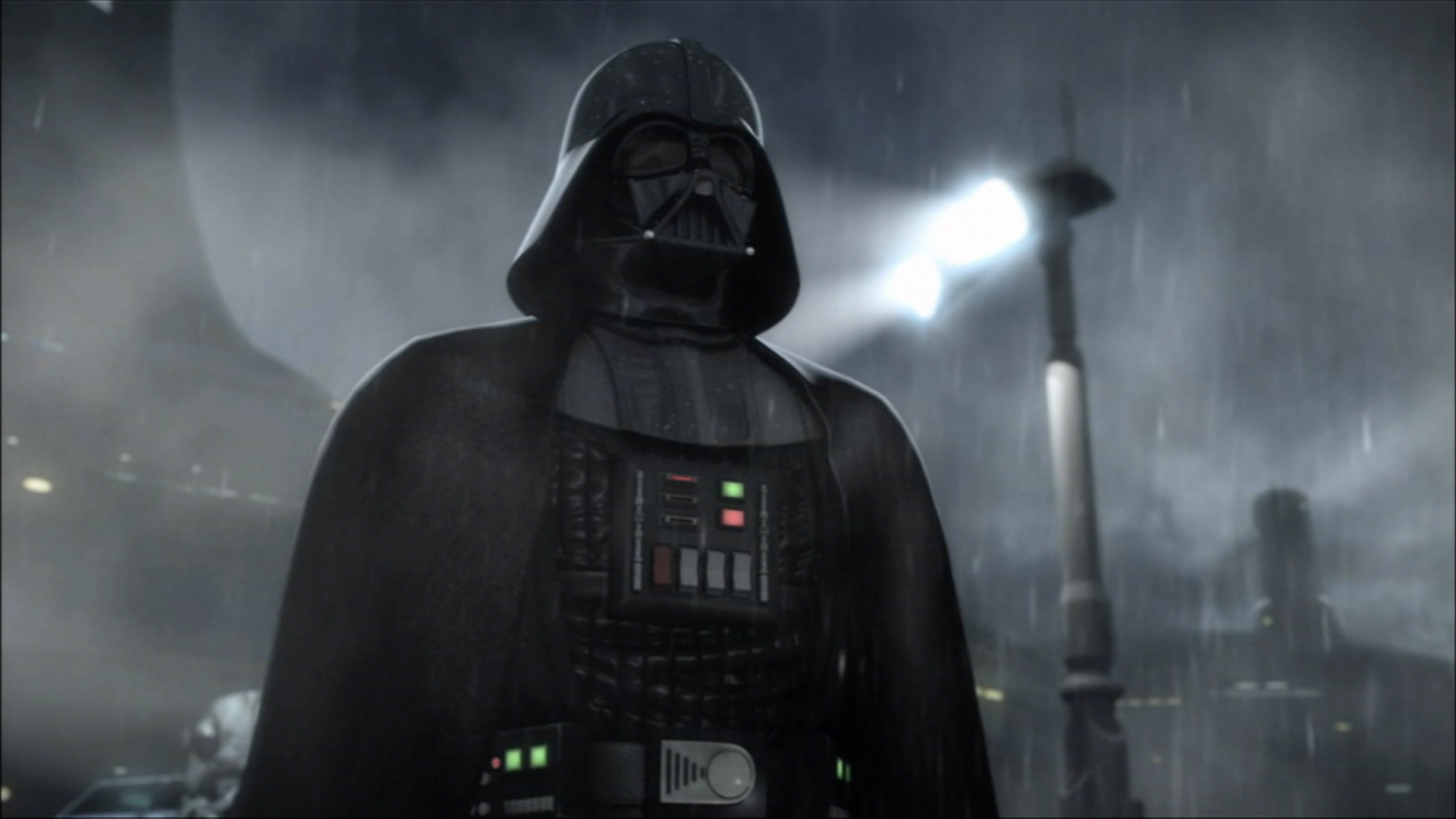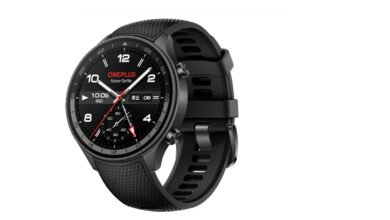Why James Earl Jones’ Death Doesn’t Mean You’ll Never Hear Darth Vader’s Voice Again


James Earl Jones passed away this week at the age of 93, leaving behind a tremendous legacy as an actor. His iconic voice gave weight to the CNN tag, Mufasa in The Lion King, and, most famously, Darth Vader in the Star Wars franchise. But thanks to some foresight from Jones and Star Wars owner Disney, his voice could very well return in future projects with all-new lyrics.
While Jones has provided the voice of Darth Vader from the original Star Wars in 1977 through the present, his interest in taking a step back from the work led to some AI assistance in his most recent Vader appearance, in the Obi-Wan Kenobi television series. It’s no surprise that Disney wanted to ensure that Darth Vader sounded like Jones in the show. So the company worked with Jones and Ukrainian AI voice company Respeecher to convert samples of Jones’ past performances into a voice clone that could mimic what he sounded like, albeit read from a new script. It’s similar to how Respeecher replicated the voice of video game actor Miłogost Reczek for Cyberpunk 2077.
Deepfaking celebrity voices has quickly become popular as the technology has improved and the price has come down. Jones was one of the first actors of his stature to actually work out a contract for how and when his AI voice clone could be used, even after he had passed away. It took some time before the decision was made to even consider the option, according to reports at the time. Disney and Lucasfilm wanted vocal consistency, but knew it might alienate fans if they felt Jones wasn’t on board. Ultimately, Jones’ AI voice replica sounded nearly indistinguishable from his 1970s self, though the distorted Vader voice may have smoothed out any bumps.
The Voice of the Force
Many actors worry that AI will eventually make human performances obsolete, especially in industries like video games, where voice actors already face significant challenges. This was a question raised during both the on-screen actors’ strike and the video game voice actors’ strike that followed. In both cases, actors demanded stronger protections against AI replication of their performances.
In Jones’ case, the actor explicitly gave permission for his voice to be used via AI in perpetuity, but not every artist has his clout with production companies. It’s not just Respeecher that’s offering AI voice clones of celebrities. ElevenLabs recently debuted AI versions of the voices of James Dean, Burt Reynolds, Judy Garland, and Sir Laurence Olivier for its Reader app. As with Jones, the company got permission to do so, in this case from the actors’ estates. But as Morgan Freeman and Scarlett Johansson can attest, not everyone asks for permission before creating an AI clone.
With James Earl Jones, perhaps the most important thing is whether fans feel the connection to Darth Vader when the role is played by his AI duplicate that so many felt when they heard the actor deliver the lines. A short speech is one thing, but a lead role for Jones’ AI voice might not go down so well. Examine your feelings. You know it’s true.




